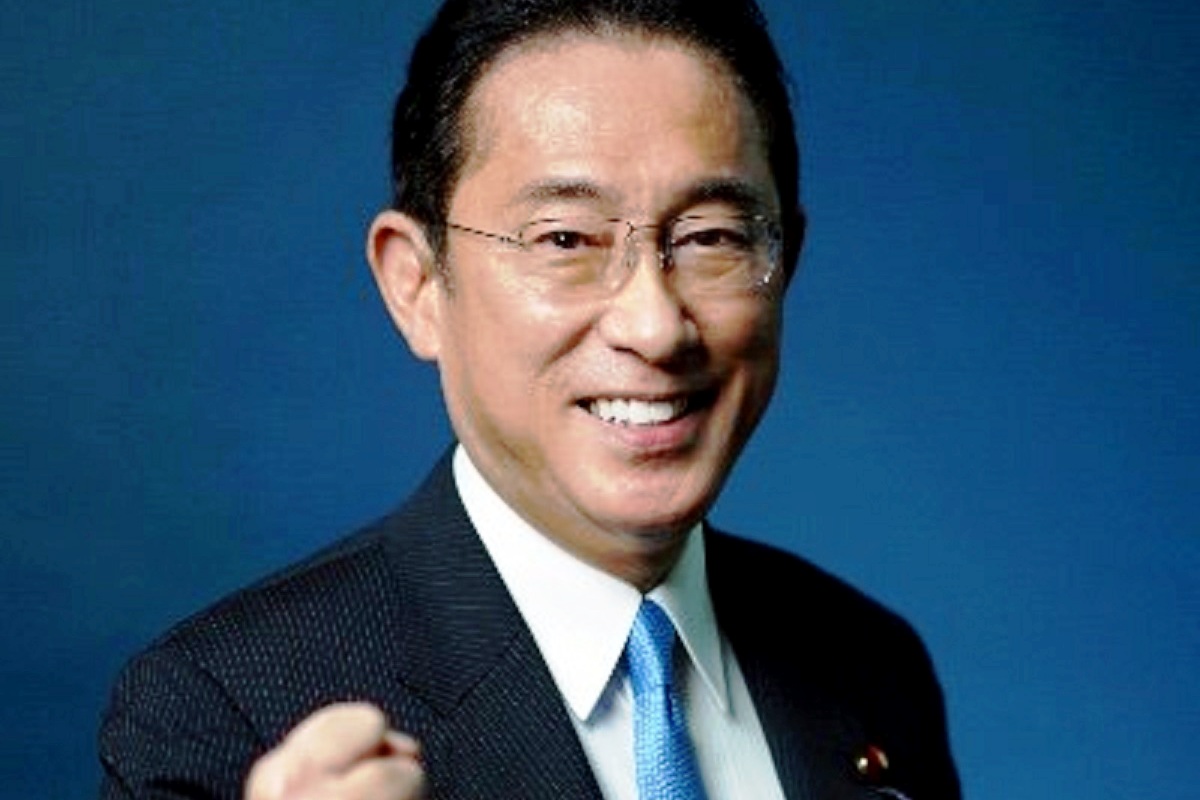Fumio Kishida was elected as Japan’s prime minister earlier this month after his predecessor Yoshihide Suga lost public support and political backing over his handling of the coronavirus and the Olympics less than a year after he, in turn, had taken over from the long-serving Shinzo Abe.
Mr Kishida’s early moves reflect a continuation of his predecessors’ polices. A quintessential establishment man, Mr Kishida has waited patiently for his chance to lead the country, serving in senior Cabinet positions for years. He was always seen as the moderate consensus-builder.
Now, though, after he ruthlessly drove a schism between Mr Suga and his key backers in the Liberal Democratic Party to emerge as the choice of the party, his urge to leave his own imprint on Japanese politics is apparent.
But it is the General Election scheduled for end-October which he must win to give him stronger backing to leave his mark on the issues he has flagged as being of importance for Japan, from relations with China to growing domestic income inequality.
Mr Kishida is already referencing the economic situation in Japan in his speeches; the term being used is a ~ presumably more compassionate ~ “new capitalism.” On the foreign policy front, his positional shift from dove to hawk on relations with China, especially in terms of Japan’s economic overdependence on the Asian behemoth, is a key focus.
The Prime Minister is talking about economic security highlighting the challenges of the gap society in Japan. His emphasis on the virtuous circle between growth and distribution, and on raising living standards by bringing about wage increases, are a clear indicator of his policy priorities going forward.
Crucially, his team is portraying these as departures from what his predecessors had done and something that would set him apart from them. On the economic security front, for example, the attempt to protect critical infrastructure and technology with several defensive policy measures in the face of an increasingly assertive China, while not necessarily a Kishida idea, is distinct to the extent that the Prime Minister has created a Cabinet position to deal with the issue.
Mr Kishida has adopted a markedly more sceptical view towards China than in the past as he tries to hedge the risks of the very strong dependence that Japan has on the Chinese market. On the central tenets of Japanese foreign policy, Mr Kishida strongly continues to champion a free and open Indo-Pacific and the Quad.
But experts believe his aims are greater and he’s likely to undertake further initiatives ~ the Prime Minister believes that the Indo-Pacific and Quad policies have been win-win propositions which have helped Japan acquire a lot of influence in how other countries are now articulating their views and drafting their strategies towards the region. Post-election, he’s likely to very quickly begin active diplomacy, double down on the pandemic-management strategies which are finally showing signs of working and finalise a significant stimulus package.












